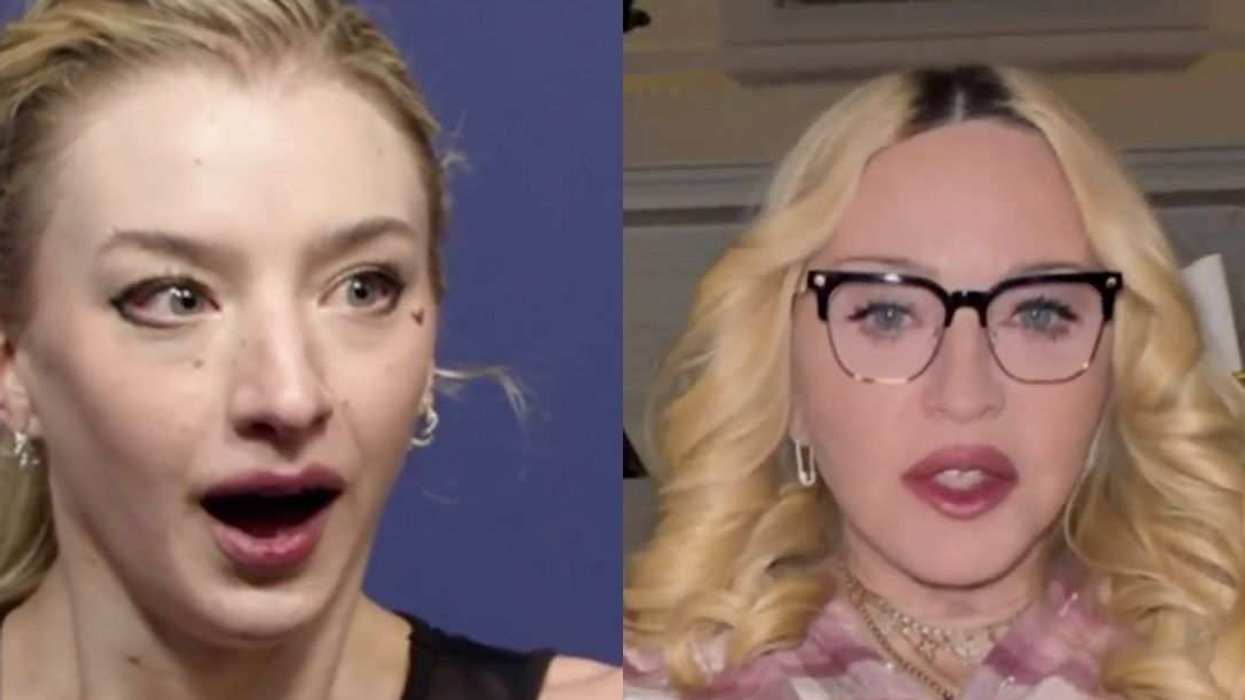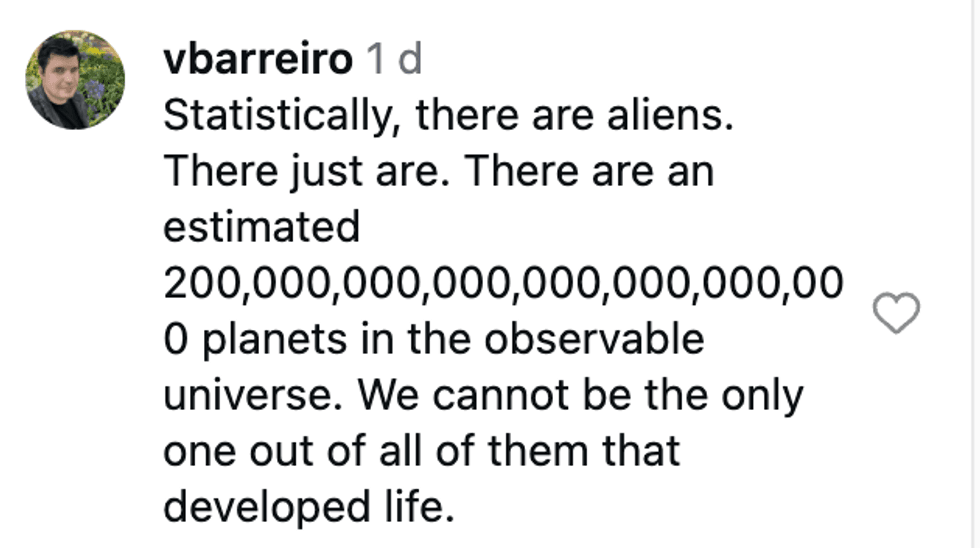An increasing number of Americans say they do not support Supreme Court nominee Brett Kavanaugh's confirmation, according to the latest Reuters/Ipsos poll, which was conducted in the wake of a sexual assault allegation which threatens to upend Kavanaugh's chances of taking a seat on the nation's highest court.
The poll, which was conducted between September 11 and September 17, found that 36 percent of adults surveyed did not want Kavanaugh in the Supreme Court. That number is six points higher than the results of a similar poll conducted last month. Only 31 percent of those surveyed say they support Kavanaugh's appointment to the Supreme Court.
More women oppose Kavanaugh's confirmation than a month earlier: That's 33 percent, a seven-point jump.
“It was already a ‘no’ but now it’s a stronger ‘no,’” said 29-year-old Bonnie Mann when asked about whether her view of Kavanaugh’s nomination had changed since the allegation.
Support for Kavanaugh was, however, higher among Republicans, with 64 percent––fewer than two out of three––saying they support his nomination.
A similar poll from Gallup noted that support for Kavanaugh had been rising before Dr. Christine Blasey Ford, a Stanford University professor, identified herself as the anonymous author of a letter sent to Senator Dianne Feinstein, the ranking Democrat on the Senate Judiciary Committee, which alleged Kavanaugh had assaulted her at a high school party in the early 1980s.
39 percent of Americans said they "favored his confirmation" to the Supreme Court and 42 percent "were opposed," according to Gallup, which notes that:
Opinions about Kavanaugh's confirmation have been the most politically polarized to date, with an average 60-point gap in the percentage of Republicans (75%) and Democrats (15%) who want him to be confirmed.The already low support for Kavanaugh among Democrats could be one reason the sexual assault allegations have not yet affected the opinion of his confirmation. His 37% support among independents is also on the low end of past measurements for that group, although there is still room for that to decline. Kavanaugh's 75% support among Republicans is right in line with what the president's co-partisans have given prior nominees.
Dr. Ford's allegations have "undoubtedly imperiled Kavanaugh's nomination. The public had not been overly enthusiastic about his nomination from the beginning, although until now that might have had as much to do with Trump's unpopularity and increased political polarization as with Kavanaugh himself," Gallup's report reads.
A July poll from the Pew Research Center also provides an equally dim view of Kavanaugh's prospects, finding that only 41 percent of Americans believe Kavanaugh should be confirmed, while 36 percent say he should not be.
That's "a lower net level of support for any nominee" since the nomination of Harriet Miers in 2005, which then-President George W. Bush was forced to withdraw amid bipartisan opposition. Miers's "confirmation was backed by 33 percent and opposed by 27 percent of Americans," Pew said.
The aforementioned Gallup poll also notes this gap:
Most prior nominees were well-regarded by the public when first announced, so any increase in opposition later in the process still left Americans solidly behind their confirmation. Because opinions about Kavanaugh's confirmation were divided from the start, the fairly modest shift in opinion since July has been enough to make him just the second nominee who ever had opposition that exceeded support.Harriet Miers is the other prior high-court nominee who did not have greater support than opposition. Just before her October 2005 nomination was withdrawn amid increasing questions about her qualifications, 42% of Americans favored the Senate confirmation of Miers and 43% were opposed. That compared with a 44% to 36% gap in favor of her confirmation just after George W. Bush chose her.
Concerns over Kavanaugh's fitness to serve on the Supreme Court have only intensified in the last 24 hours, particularly in light of the news that Republicans will hold a public hearing into the sexual assault accusation with only Kavanaugh and Dr. Ford present. Democrats have cried foul, saying they need to hear from a Kavanaugh classmate who Ford said was present during the attack and that the FBI needs to reopen its background check of Kavanaugh to investigate Ford’s allegation and interview possible witnesses.
Prominent voices have also joined the call for a more thorough FBI investigation. Many believe the need for an investigation is only more imperative now that Dr. Ford has been forced out of her home after receiving death threats over the allegation.
Hillary Clinton, in an interview with MSNBC, also echoed the call for an investigation, saying that the White House could, quite easily, order the FBI to reopen their background check into Kavanaugh.
"So far, they [the White House] haven't done that," Clinton said.
Speaking to reporters, President Donald Trump said that it's not up to the FBI to reopen the investigation and that the responsibility falls on the Senate.
"Well, it seems that the FBI really doesn't do that ... let the senators do it, they're doing a very good job," the president said.
This was quickly proven false by journalists who pointed out that in 1991, then-President George Bush ordered the FBI to investigate Justice Clarence Thomas, who was accused of sexually harassing Anita Hill when he was her supervisor at the United States Department of Education and the Equal Employment Opportunity Commission.
Yesterday, President Trump said he remains “totally supportive” of Kavanaugh, and believes, although he hasn’t spoken with him personally about the accusation, that “he can handle himself better than anybody, he’s a very outstanding guy.”
Kavanaugh maintains his innocence, but has balked at speaking with the FBI. His longtime friend Mark Judge, whom Dr. Ford says was present during the attack, wrote a letter to the Senate Judiciary Committee in which he stated he has no intention of cooperating with the committee in any way.
“I did not ask to be involved in this matter nor did anyone ask me to be involved,” Judge wrote in the letter signed by his attorney yesterday.
Judge's refusal has prompted calls for the FBI to issue a subpoena.







 @lamorne/Instagram
@lamorne/Instagram @bigbeaubrown/Instagram
@bigbeaubrown/Instagram @musiccitykristy/Instagram
@musiccitykristy/Instagram @phil_torres/Instagram
@phil_torres/Instagram @vbarreiro/Instagram
@vbarreiro/Instagram @franklinjleonard/Instagram
@franklinjleonard/Instagram @br1an02/Instagram
@br1an02/Instagram @ohhelloitsmax/Instagram
@ohhelloitsmax/Instagram @frecklesmarie/Instagram
@frecklesmarie/Instagram








 @JaJa_no_NO/X
@JaJa_no_NO/X @CWMorgan1000/X
@CWMorgan1000/X reply to @spain2323/Instagram
reply to @spain2323/Instagram reply to @spain2323/Instagram
reply to @spain2323/Instagram reply to @spain2323/Instagram
reply to @spain2323/Instagram reply to @spain2323/Instagram
reply to @spain2323/Instagram reply to @spain2323/Instagram
reply to @spain2323/Instagram reply to @spain2323/Instagram
reply to @spain2323/Instagram reply to @spain2323/Instagram
reply to @spain2323/Instagram reply to @spain2323/Instagram
reply to @spain2323/Instagram reply to @spain2323/Instagram
reply to @spain2323/Instagram reply to @spain2323/Instagram
reply to @spain2323/Instagram reply to @spain2323/Instagram
reply to @spain2323/Instagram reply to @spain2323/Instagram
reply to @spain2323/Instagram reply to @spain2323/Instagram
reply to @spain2323/Instagram reply to @spain2323/Instagram
reply to @spain2323/Instagram reply to @spain2323/Instagram
reply to @spain2323/Instagram reply to @spain2323/Instagram
reply to @spain2323/Instagram